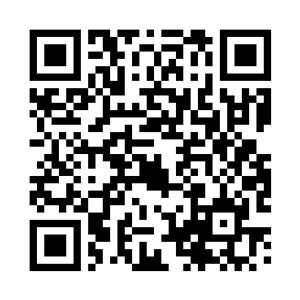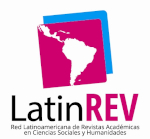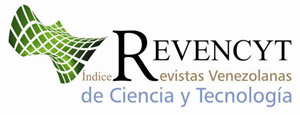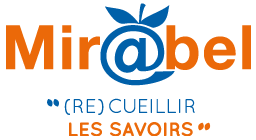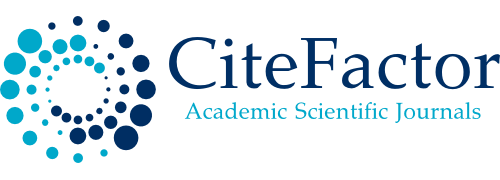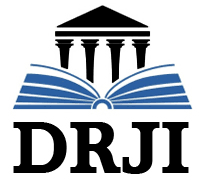Educating from public policies in transmodernity
A humanist vision
Keywords:
educating, public policies, transmodernity, humanistic visionAbstract
Humanity professes experiences that come from inexplicable spherical times, known by the presence of theories present in the complex, transcomplex and metacomplex, with starting features, until the present times. In its journey I intend to direct the questioning translated as a purpose of unveiling the essence of the educated from public policies in transmodernity: with a humanistic vision, they lead me to denote experiences on extensive transformations in society, significantly impacted in all its academic structure. With innovations in the political, economic, social, cultural and of course educational, changes driven by thinkers born in this context. From the theoretical, thinking and re-thinking in the depths of my being, doubts emerge, which I can clarify by adding to these, a new basis that tunes with the long-awaited flood of ideas: what are we, where are we going, being able to engage with what we want to be, I am sure that I will get reflections attending the arguments addressed here, guided in a qualitative approach, interpretive paradigm coincides substantially, in the interpretation as a fundamental element of the analysis of social reality, under the phenomenological, supported by the hermeneutic. For the reflective field, approaching a new learning model, which underlies the learning-by-doing, management of a new teaching.
Downloads
References
Acosta, S y Finol, M. (2015). Competencias de los docentes de biología en las universidades públicas. Revista Telos, 17(2). Pp. 208-224. Venezuela.
Constitución de la República Bolivariana de Venezuela (2009) Gaceta Oficial Nro. 5.908 Extraordinario. Fecha 19 febrero 2009.
Cook, T. D y Reichardt, Ch. S. (2009). Métodos cualitativos y cuantitativos en investigación evaluativa. (5 Ed.). Madrid: Morata.
Guba, E. y Lincoln, Y. (2011). Eficaz de evaluación: la mejora de la utilidad de los resultados de la evaluación a través de enfoques de respuesta y naturalista. San Francisco: Jossey-Bass.
Daros W (2013). ¿Nuevas Competencias para la Educación en la Transmodernidad? Universidad del Salvador. Revista Signos de Educación a distancia XXXIII(49), Buenos Aires.
Díaz, V. (2018). Construcción del Saber Pedagógico. España: Educación y Sociedad. Editorial Trillas: México.
Jobs S (2011): The Power of Focus & Simplicity. http://www.mindbodygreen.com/03320/Steve-Jobs-The-Power-of-Focus-Simplicity.html Mind Body Green, https://citas.in/frases/66940-steve-jobs-concentracion-y-simplicidad-lo-simple-puedeser/
Lasswell, H. (1971a): La concepción emergente de las ciencias de políticas. En L. Aguilar (ed.): El estudio de las políticas públicas (pp. 105-118). México: Porrúa.
Marcuse H (1969) El fin de la utopía. Siglo Veintiuno Editores. Argentina.
Morín, E. (1999). La Cabeza Bien Puesta. Buenos Aires: Nueva Visión
Ortiz E (2011) La Interdisciplinariedad en las Investigaciones Educativas. Centro de Estudios sobre Ciencias de la Educación Superior (CECES). Universidad de Holguín Oscar Lucero Moya. Avenida XX Aniversario y Plaza de la Revolución, Holguín, CP 80100, Cuba.
Rodríguez, S. (1990) Sociedades Americanas. Caracas: Biblioteca Ayacucho.
Rojas B (2010). Investigación Cualitativa. Fundamentos y praxis. Caracas: FEDUPEL
Serrano (2004). Técnicas de investigación social: Teoría y ejercicios (14ava ed.). Madrid, España: International Thomson Editores y Paraninfo, S.A.
Tobón, S (2011). Formación Basada en Competencia. 2ª.ed, Editorial ECOE. Colombia.
Published
How to Cite
Issue
Section
License
Copyright (c) 2024 Milagro Alexandra Yustiz Ramos

This work is licensed under a Creative Commons Attribution-NonCommercial-ShareAlike 4.0 International License.





